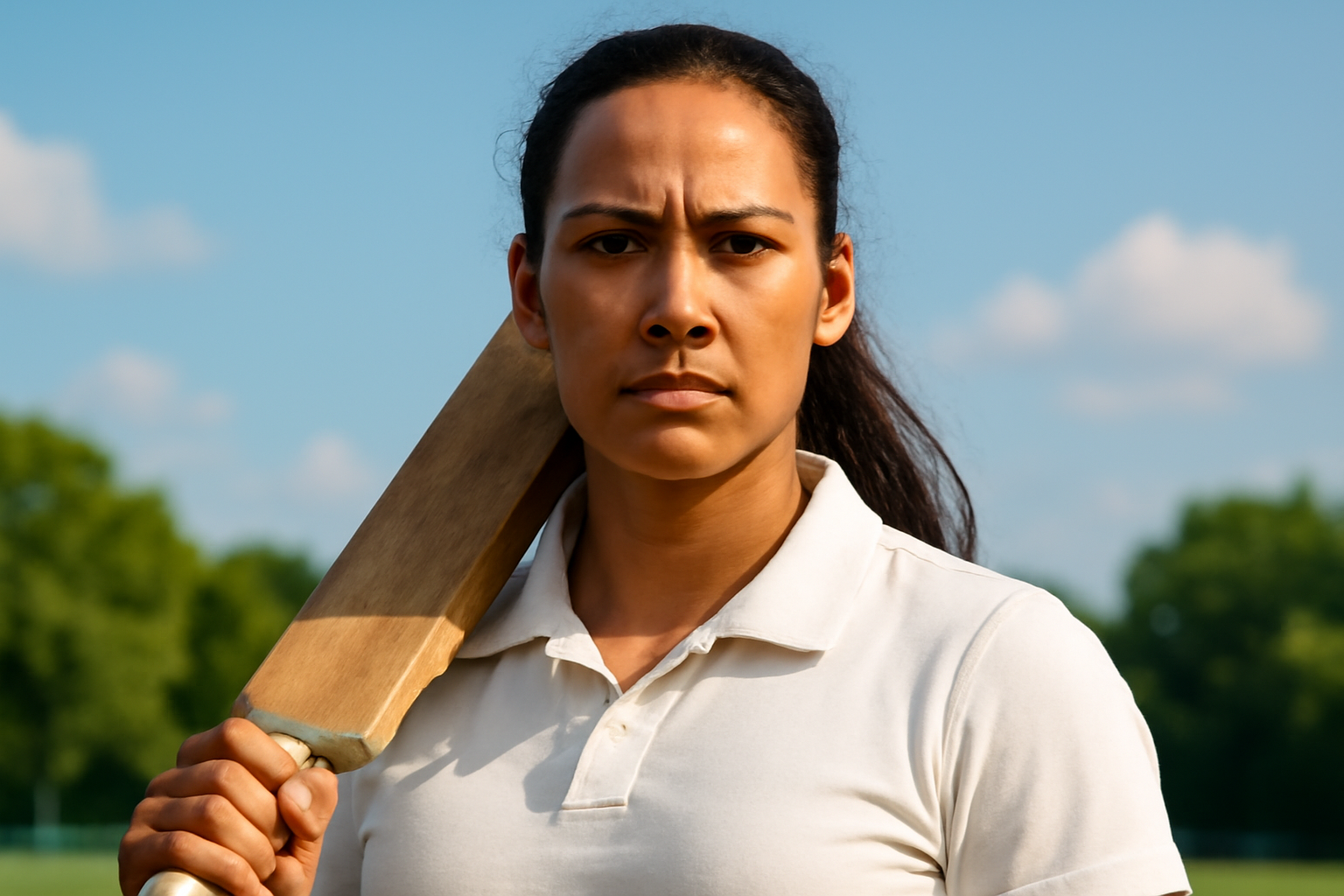
Transgender athlete challenges new cricket regulations
The England and Wales Cricket Board (ECB) recently stirred up quite a controversy with their decision that bans transgender women from competing in women-only cricket categories, effective immediately. With these new rules in place, only those who were assigned female at birth can play in these categories, although transgender women can still be part in open and mixed-gender cricket competitions. Naturally, this has sparked a heated debate about fairness and inclusivity in sports.
How legal rulings are shaping sports policies
This new policy didn't come out from nowhere; it actually follows a UK Supreme Court ruling from April 15. The court specified that ‘woman' in legal terms, as defined by 2010's Equality Act, should only refer those whose biological sex was female at birth, essentially excluding transgender women. This ruling's ripple effect might influence multiple sectors, forcing organizations everywhere, not just in sports, but across various fields, and single-sex spaces, and their inclusion policies.
Voices from within: The transgender community speaks out
Danielle McGahey Ribeiro, a pioneering transgender cricketer and notably, one who broke barriers as international cricket's first transgender woman player, hasn't held back in voicing her dismay over this ruling. To her, this ban spells out a 'devastating' blow against her community.
“This decision feels like a striking exclusion,” Ribeiro remarked during a recent interview. “As someone deeply embedded in this struggle as an athlete, I personally grasp how hurtful and unjust this policy feels. It cruelly strips away not just our right and opportunity in competition, but also snatches our sense belonging and joy from being an integral part within cricket community.”
Standing up and advocating: Pushing forward fairness and inclusion
Ribeiro doesn't mince words. She sees these policies as a glaring step backward. It's a plea, really, urging ECB rethink their perspective and truly embrace principles fairness inclusion.
“Banning trans women from sports they cherish isn't merely exclusion; it broadcasts an insidious message that we're outsiders. That notion couldn't be further from truth. Trans women deserve their spot all cricket levels—from grassroots calling, right up international contests,” she passionately asserted. “ECB must tune in voices trans athletes and re-adopt what cricket, at heart, champions: diversity community spirit.”
ECB's stance on upholding legal standards
The ECB stands its ground, emphasizing need align with rulings from Supreme Court. Their statement underscores commitment making cricket a welcoming experience, while acknowledging imperative changes brought by evolving legal frameworks.
“Our guidelines recreational cricket specifically aim ensure sport remains accessible enjoyable across board. Yet, adherence these societal norms unavoidable,” ECB laid out. “We're fully aware impact on transgender players and pledge support those directly affected through ongoing efforts within Recreational Cricket Boards.”
Wider impact on sports and beyond
Post Supreme Court's decisive ruling, other UK sports bodies like Football Association and Scottish Football Association, are similarly restricting transgender women female leagues. Even some corporate entities like Barclays look re-evaluate access policies; this shift might further restrict transgender women within female-designated spaces.
Despite these hurdles, Ribeiro's resolve advocating transgender inclusivity stands unshaken. “Transitioning isn't about cornering advantage in sports,” she elaborated. “The journey encompasses substantial sacrifice and societal hurdles that stretch years and transcend mere athletic realms. This newfound regulation scar our community, yet I remain stubbornly against it.”
Looking ahead: Inclusivity's prospects in sports
With ECB's policy changes altering women's cricket dynamics in UK, ongoing debates inclusion, fairness, and transgender athletes rights simmer on. Advocacy from figures like Ribeiro serves pivotal, stirring visions future where sports genuinely open everyone.
Summing it up: Finding balance between fairness and inclusivity
The persistent conversation on transgender athletes' participation highlights intricate balance between competitive fairness and all-encompassing inclusivity. As governing bodies face these conundrums, working towards ensuring every athlete feels welcomed and valuable remains key. Cricket and broader sporting community need engage candid, open dialogue, nurturing environments where individuals can genuinely strive.
Related Posts
LGBTQ+ Representation at the French Open: Women Lead the Way
The French open: a stage highlighting LGBTQ+ in tennis The French open isn't just about fierce competition; it's also a spotlight on LGBTQ+ athletes making their mark in this renowned tournament. This year, while we celebrate having two openly gay women in singles, there's still a noticeable absence in their male counterparts, sparking important conversations. Leading lights in women's tennis F [...]
Celebrating Transgender Day of Visibility in New Hope, PA
Transgender Day Of Visibility (TDOV) celebrates transgender lives, achievements, and contributions. It also highlights ongoing discrimination faced by transgender communities worldwide. This year, New Hope, Pennsylvania, was buzzing with excitement as The Cub Room—a wonderfully inclusive and welcoming venue—hosted an extraordinary event. New Hope, with its rich history and diverse community, [...]
Unveiling the Journey of 2024's Rising Star: Gracie Abrams
2024 has truly been a remarkable year in Gracie Abrams' career, and if you're a fan or follower in any corner, you've probably heard her name. This amazing singer-songwriter has captivated audiences worldwide with her enchanting melodies and sincere lyrics. She's made quite an impact by opening on Taylor Swift's legendary Eras Tour's final leg, dropping her second album, *The Secret Of Us*, and sn [...]